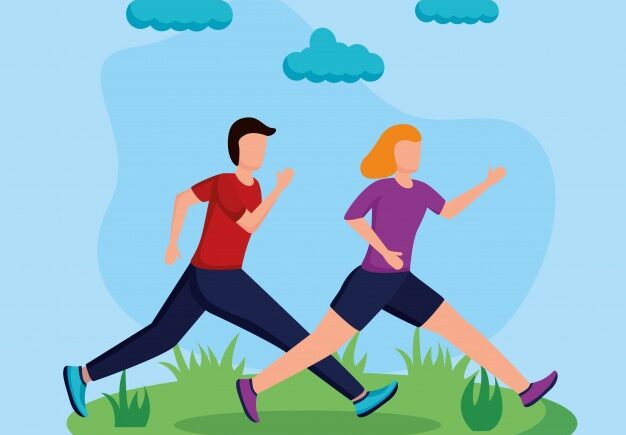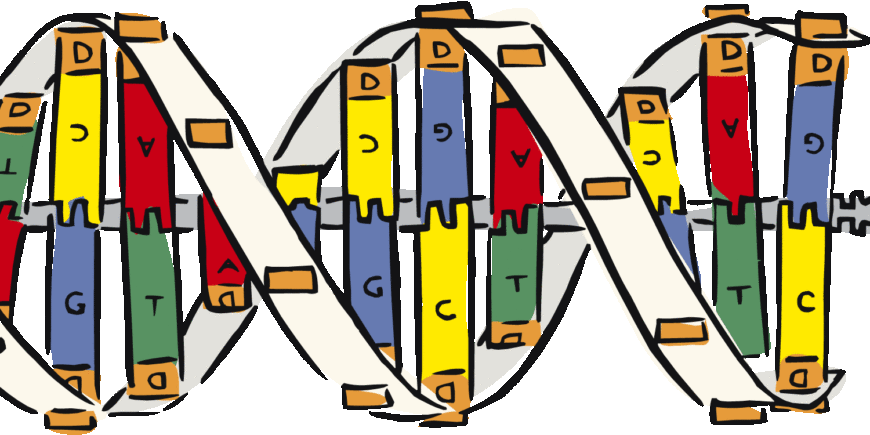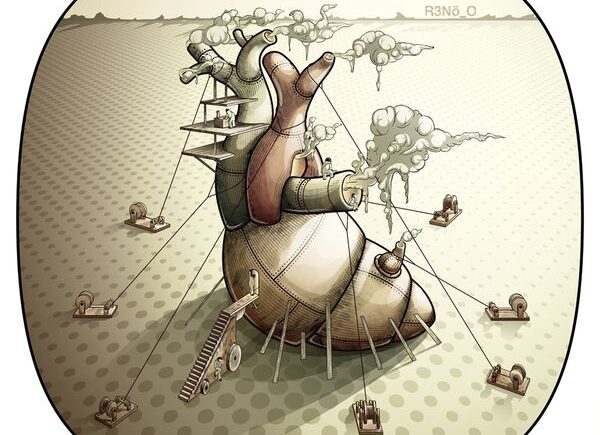Trillions of benign bacteria live in the intestine. They are kept in a continuous balance by the immune system, which thereby makes them harmless to humans. Researchers have been able to show how certain natural antibodies keep these bacteria in check. The findings could make an important contribution to the development of superior vaccines. The bacteria living in the intestine consist of some 500 to 1000 different species. They make up what is known as the intestinal flora, which plays a key role in digestion and prevents infections. Unlike pathogens that invade from the outside, they are harmless and tolerated by the immune system. The way in which the human immune system manages to maintain this delicate balance in the intestine largely remains unknown. It is known that type A immunoglobulins, referred to as IgA antibodies, play an important role. These natural defense substances are part of the immune system, and recognize an exogenous pathogen very specifically according to the lock-and-key principle. READ MORE
Immune system keeps the intestinal flora in balance








